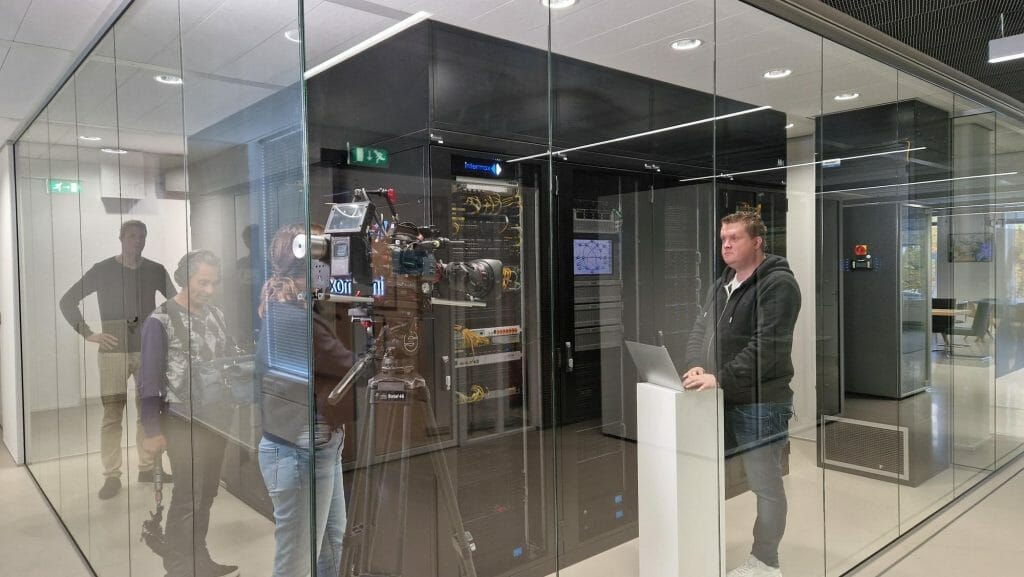On Wednesday night, November 30, Mathijs van der Pol and Renushka Madarie were featured on Atlas, an NPO program. Van der Pol is an ethical hacker at NFIR and Madarie worked at NFIR on her doctoral research on the choice behavior of cybercriminals. In doing so, it focuses on the break-in process of data thieves and the trafficking of stolen data. Their areas of expertise are featured during this episode and complement each other well. This ultimately leads to a set of interesting insights for the viewer and for Petra Grays who presents the program.

The Atlas broadcast reflects on the sharp increase in hacking attacks among individuals, businesses and government agencies. Cybercrime is the order of the day. Organizations cannot completely prevent a hack, but they can take measures to reduce the likelihood of an incident and its impact. Are these measures failing? Then the impact of an attack is huge and it can take organizations years to rebuild the network. This is not only costly in terms of time, but also money. Van der Pol explains in the broadcast that performing a successful hack is extremely easy and often comes from the absence of basic measures such as using a strong password. He explains this through a hacking demonstration in which he explains step by step how a hack – in all simplicity – is performed. Madarie, who is a table guest with Petra Grijzen, complements Van der Pol by pointing out that access to data is also gained through bugs in the system and through online criminal marketplaces in which access to data is traded. In closing, Madarie explains what happens to the stolen data and how to protect it.
Did you miss the broadcast? Watch the episode back here. The cybersecurity item begins from minute 021:00.

